Forex trading, or foreign exchange trading, can be an exciting yet challenging venture. For those starting their journey, reading comprehensive and well-reviewed forex trading books for beginners is a crucial first step. These books provide a solid foundation, various strategies, in-depth knowledge, and valuable insights from experienced traders. This article will guide you through the benefits of reading forex trading books for beginners, introduce some top recommendations categorized into technical analysis, fundamental analysis, and trading psychology, and offer tips on choosing the right book for your needs.
Benefits of Reading Forex Trading Books for Beginners
Solid Foundation
Forex trading books offer a comprehensive introduction to the forex market, explaining its mechanics, key terminology, and essential concepts. This foundational knowledge is crucial for beginners to understand how the market operates and the factors that influence currency movements. Without this foundational knowledge, it’s easy to make costly mistakes due to a lack of understanding of the market’s basic principles.
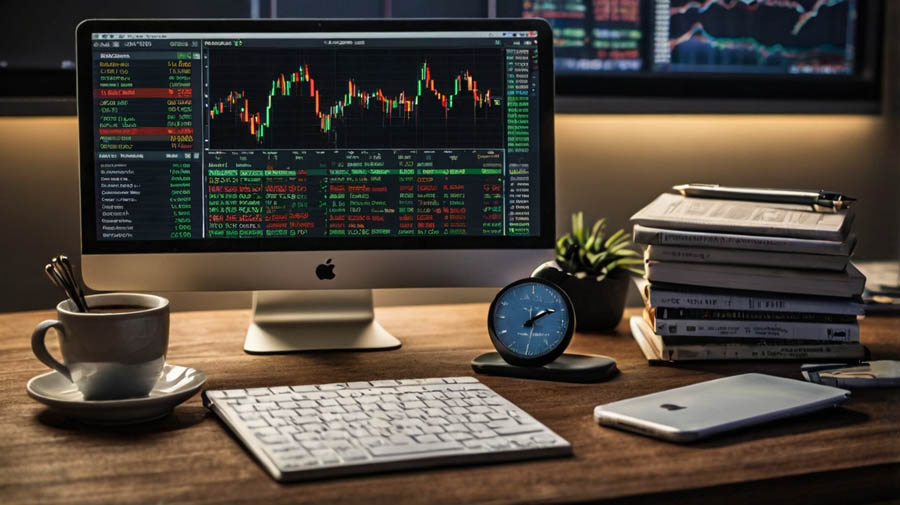
Key Components of a Solid Foundation
- Market Mechanics: Understanding how the forex market functions, including the roles of various participants such as central banks, financial institutions, and individual traders.
- Key Terminology: Familiarizing yourself with essential terms such as pips, lots, leverage, and margin.
- Trading Platforms: Learning how to use trading platforms effectively, including placing orders, reading charts, and using technical indicators.
Variety of Strategies
Books on forex trading cover a wide range of strategies and styles, allowing beginners to explore different approaches. Whether you prefer day trading, swing trading, or long-term investing, you can find strategies that align with your risk tolerance and personality. Exploring different strategies helps beginners discover what works best for them and adapt their trading style accordingly.
Common Forex Trading Strategies
- Day Trading: Involves making multiple trades within a single day, aiming to profit from short-term market movements.
- Swing Trading: Focuses on capturing price swings over several days or weeks.
- Position Trading: Involves holding positions for longer periods, often months or years, based on long-term market trends.
In-depth Knowledge
Forex trading books delve deeper into both technical and fundamental analysis, providing detailed explanations and practical examples. This in-depth knowledge helps beginners make informed trading decisions and understand the rationale behind market movements.
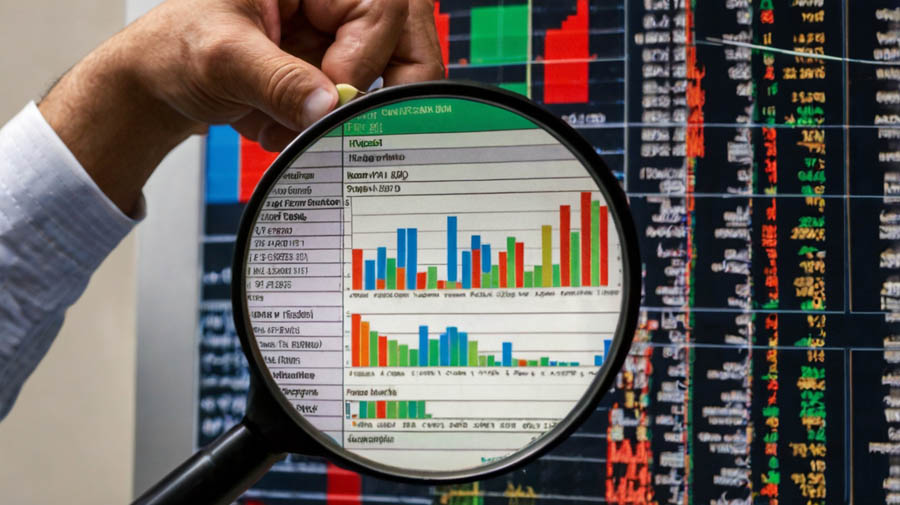
Read More: How Long Does It Take to Learn Forex ?
Technical Analysis
- Chart Patterns: Learning to recognize patterns such as head and shoulders, double tops and bottoms, and triangles.
- Technical Indicators: Understanding how to use indicators like moving averages, RSI (Relative Strength Index), and MACD (Moving Average Convergence Divergence).
- Volume Analysis: Interpreting trading volume to gauge market strength and potential reversals.
Fundamental Analysis
- Economic Indicators: Analyzing key economic data such as GDP, unemployment rates, and interest rates.
- Political Events: Assessing how political events and decisions impact currency values.
- Market Sentiment: Gauging the overall mood of the market and how it influences trading decisions.
Learn from Experts
Many forex trading books for beginners are written by experienced traders and educators who share their insights, experiences, and practical advice. Learning from these experts can provide valuable lessons and help beginners avoid common pitfalls.
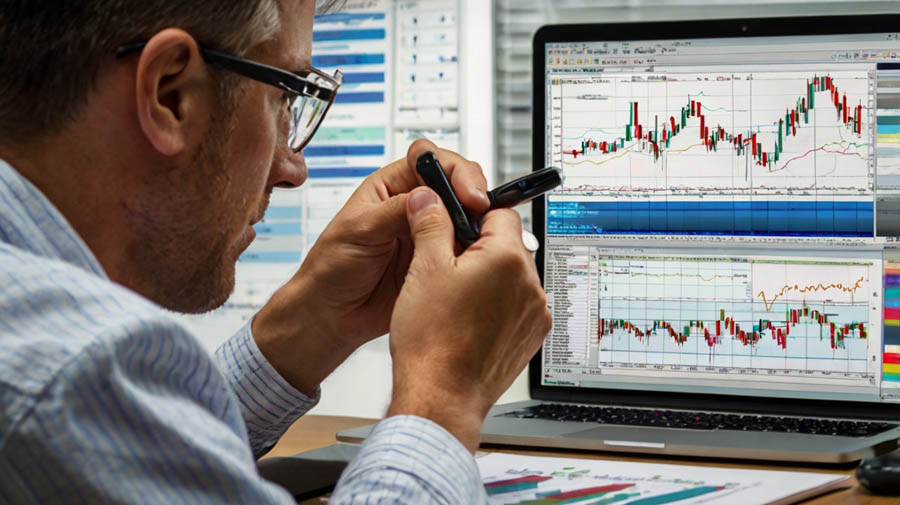
Benefits of Learning from Experts
- Proven Strategies: Gaining access to tested and proven trading strategies.
- Real-world Examples: Learning from real-world trading scenarios and case studies.
- Mentorship: Receiving guidance and mentorship from seasoned professionals.
Top Forex Trading Books for Beginners
Technical Analysis
“Technical Analysis of the Financial Markets” by John J. Murphy
- A comprehensive guide covering various technical analysis tools and techniques, making it a must-read for beginners.
- Key Topics: Chart construction, trend analysis, technical indicators, and market cycles.
- Why It’s Recommended: John J. Murphy’s clear explanations and extensive coverage make it an essential resource for anyone serious about understanding technical analysis.
“Japanese Candlestick Charting Techniques” by Steve Nison
- Focuses on candlestick charting, an essential tool in technical analysis, with detailed explanations and examples.
- Key Topics: Candlestick patterns, market psychology, and combining candlestick analysis with other technical tools.
- Why It’s Recommended: Steve Nison is credited with introducing candlestick charting to the Western world, making this book a fundamental resource for traders.
“A Complete Guide to Volume Price Analysis” by Anna Coulling
- Introduces the concept of volume price analysis, helping traders understand market sentiment and trends.
- Key Topics: Analyzing volume in relation to price movements, identifying trading opportunities, and risk management.
- Why It’s Recommended: Anna Coulling’s focus on volume analysis provides a unique perspective that complements traditional technical analysis.
“Charting and Technical Analysis” by Fred McAllen
- Offers a straightforward approach to understanding chart patterns and technical indicators.
- Key Topics: Chart patterns, technical indicators, and practical trading strategies.
- Why It’s Recommended: Fred McAllen’s practical approach and clear explanations make this book accessible to beginners.
Read More: Forex Trading for Beginners
Fundamental Analysis
“Currency Trading for Dummies” by Brian Dolan
- An easy-to-understand guide that covers both technical and fundamental analysis, making it ideal for beginners.
- Key Topics: Forex market basics, trading strategies, and risk management.
- Why It’s Recommended: The “For Dummies” series is known for its approachable style, making complex topics easy to understand.
“Forex Trading: The Basics Explained in Simple Terms” by Jim Brown
- Provides a clear and concise introduction to forex trading, focusing on fundamental analysis and trading strategies.
- Key Topics: Forex market structure, trading strategies, and risk management.
- Why It’s Recommended: Jim Brown’s straightforward explanations and practical advice make this book an excellent starting point for beginners.
“The Little Book of Currency Trading” by Kathy Lien
- Offers practical advice on currency trading, including insights into economic indicators and fundamental analysis.
- Key Topics: Economic indicators, trading strategies, and market analysis.
- Why It’s Recommended: Kathy Lien’s expertise and practical insights make this book a valuable resource for understanding fundamental analysis.
“Day Trading and Swing Trading the Currency Market” by Kathy Lien
- Combines fundamental and technical analysis to provide a well-rounded approach to forex trading.
- Key Topics: Trading strategies, economic indicators, and technical analysis.
- Why It’s Recommended: This book’s comprehensive coverage of both fundamental and technical analysis makes it an essential resource for beginners.
Trading Psychology
“Trading in the Zone” by Mark Douglas
- Explores the psychological aspects of trading, helping traders develop a winning mindset and discipline.
- Key Topics: Trading psychology, developing a winning mindset, and managing emotions.
- Why It’s Recommended: Mark Douglas’s insights into the mental aspects of trading are crucial for developing the right mindset for success.
“The Disciplined Trader” by Mark Douglas
- Focuses on developing discipline and managing emotions in trading, essential for long-term success.
- Key Topics: Trading psychology, discipline, and risk management.
- Why It’s Recommended: This book’s focus on discipline and emotional control is vital for anyone looking to succeed in forex trading.
“Trading for a Living” by Dr. Alexander Elder
- Covers the psychological, technical, and risk management aspects of trading, providing a holistic approach.
- Key Topics: Trading psychology, technical analysis, and risk management.
- Why It’s Recommended: Dr. Alexander Elder’s comprehensive approach makes this book a valuable resource for understanding the multiple facets of trading.
“The Psychology of Trading” by Brett N. Steenbarger
- Offers insights into the mental challenges of trading and techniques to improve trading performance.
- Key Topics: Trading psychology, performance improvement, and emotional management.
- Why It’s Recommended: Brett N. Steenbarger’s practical advice and focus on performance improvement make this book a must-read for serious traders.
Choosing the Right Forex Trading Book for Beginners
Consider Your Experience Level
Select a book geared towards beginners with clear explanations and a logical progression of topics. Starting with a beginner-friendly book ensures you build a strong foundation before moving on to more advanced material.

Tips for Choosing a Beginner-Friendly Book
- Clear Explanations: Look for books that explain concepts in simple, easy-to-understand language.
- Logical Progression: Ensure the book follows a logical progression, building from basic concepts to more advanced topics.
- Practical Examples: Books that include practical examples and case studies can help reinforce your understanding.
Look for a Learning Style Fit
Choose a book that aligns with your preferred learning style. Whether you prefer visual aids, text-based learning, or example-driven content, finding a book that suits your style will enhance your understanding and retention of the material.
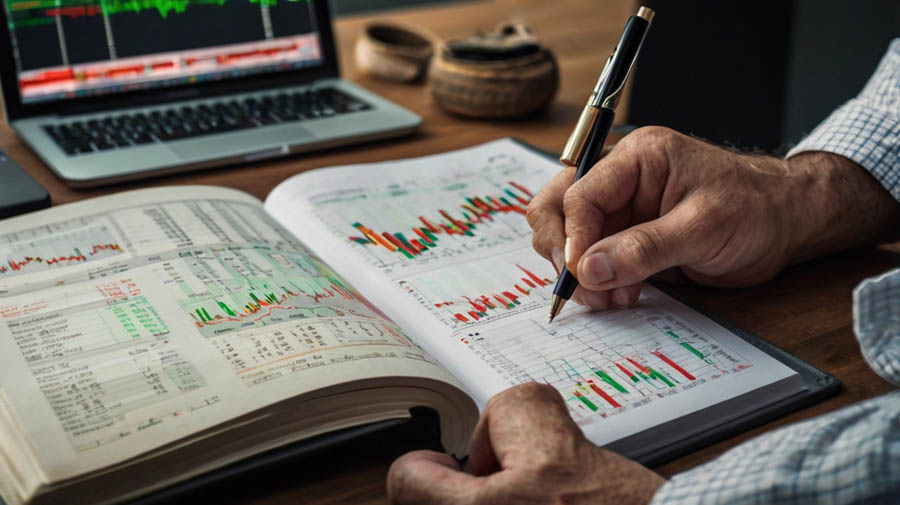
Identifying Your Learning Style
- Visual Learners: Prefer books with charts, diagrams, and illustrations.
- Text-Based Learners: Prefer detailed explanations and written content.
- Example-Driven Learners: Prefer books with practical examples and case studies.
Read Reviews and Ratings
Before purchasing a book, read reviews and ratings from other beginner forex traders. Their insights can provide valuable information on the book’s effectiveness, readability, and overall quality.
Where to Find Reviews and Ratings
- Online Retailers: Websites like Amazon often have customer reviews and ratings.
- Trading Forums: Forex trading forums and communities can provide recommendations and reviews from experienced traders.
- Educational Websites: Websites dedicated to trading education often review and recommend books.
Read More: Top Forex Trading Books for Professionals
Additional Tips for Beginner Forex Traders
As a beginner in forex trading, navigating the vast amount of information and strategies can be overwhelming. To enhance your learning experience and increase your chances of success, here are some additional tips that can complement your journey through forex trading books for beginners.
Supplement Your Book Learning
While forex trading books provide a solid foundation, it’s essential to supplement this knowledge with additional resources to broaden your understanding and stay updated with the latest market trends.
Online Resources
- BabyPips: A comprehensive educational site that offers free tutorials, articles, and a forum for traders to discuss strategies and market news.
- Investopedia: An extensive resource with articles, tutorials, and financial news updates, helping traders understand complex concepts.
- Forex Factory: A popular forum where traders share insights, strategies, and news. It also provides a calendar of economic events that can impact the forex market.
Courses and Webinars
- Online Courses: Websites like Coursera, Udemy, and LinkedIn Learning offer structured courses on forex trading, often taught by industry experts.
- Webinars: Attend live webinars hosted by trading experts to learn new strategies, ask questions, and stay current with market developments.
Practice on a Demo Account
Before risking real money, practice trading on a demo account. Most forex brokers offer demo accounts where you can trade with virtual money. This helps you familiarize yourself with the trading platform, test strategies, and gain confidence without financial risk.
Develop Realistic Expectations
Forex trading is not a get-rich-quick scheme. It requires time, effort, and discipline to become successful. Setting realistic expectations will help you stay motivated and focused on long-term goals.
Short-Term Goals
- Master Basic Concepts: Focus on understanding fundamental concepts and terminologies in forex trading.
- Develop a Trading Plan: Create a detailed trading plan outlining your goals, risk management strategies, and trading style.
Medium-Term Goals
- Improve Trading Skills: Work on refining your trading strategies and improving consistency.
- Analyze Trades: Regularly review your trades to identify patterns, strengths, and areas for improvement.
Long-Term Goals
- Sustainable Growth: Aim for steady and sustainable growth in your trading account rather than quick profits.
- Continuous Learning: Stay committed to learning and adapting to market changes and new trading techniques.
Focus on Risk Management
Effective risk management is crucial for long-term success in forex trading. Protecting your capital should always be a priority.
Stop-Loss Orders
- Definition: A stop-loss order is an order placed with a broker to buy or sell once the stock reaches a certain price. It is designed to limit an investor’s loss on a security position.
- Implementation: Always use stop-loss orders to limit potential losses on each trade. Determine the stop-loss level based on your risk tolerance and trading strategy.
Position Sizing
- Definition: Position sizing refers to the number of units invested in a particular security by an investor or trader.
- Strategy: Calculate the appropriate position size based on your account size and risk tolerance. Avoid over-leveraging your trades, which can lead to significant losses.
Diversification
- Definition: Diversification involves spreading investments across various assets to reduce risk.
- Application: Avoid putting all your capital into a single trade or currency pair. Diversify your trades to minimize the impact of adverse movements in any one currency.
Stay Informed and Updated
The forex market is influenced by a myriad of factors, including economic data, geopolitical events, and market sentiment. Staying informed about these factors can enhance your trading decisions.
Economic Calendars
- Importance: Economic calendars list upcoming economic events and data releases that can impact currency prices.
- Sources: Use economic calendars from trusted sources like Forex Factory, Investing.com, and DailyFX to keep track of important events.
News and Analysis
- Financial News: Follow reputable financial news sources like Bloomberg, Reuters, and CNBC for the latest market news and analysis.
- Market Reports: Read daily and weekly market reports from brokers and financial institutions to get expert insights and forecasts.
Build a Forex Trading Community
Connecting with other traders can provide valuable support, insights, and learning opportunities.
Online Communities
- Forex Forums: Join forex trading forums like BabyPips, Forex Factory, and Trade2Win to discuss strategies, share experiences, and learn from others.
- Social Media Groups: Participate in forex trading groups on social media platforms like Facebook, LinkedIn, and Reddit.
Local Trading Groups
- Meetups: Look for local trading meetups and groups in your area where you can network with other traders and attend educational sessions.
- Workshops and Seminars: Attend forex trading workshops and seminars to learn from experts and connect with fellow traders.
Conclusion
Venturing into forex trading as a beginner can be daunting, but learning from well-regarded forex books can smooth your journey. These books offer foundational knowledge, diverse trading strategies, and insights into technical and fundamental analysis. Reading experienced traders’ writings helps avoid pitfalls and develop successful trading habits.
When choosing a book, consider your experience level, learning style, and reviews. This ensures the material resonates, enhancing your understanding. Supplement book knowledge with online resources, courses, and demo account practice for a well-rounded education in real-world trading.
Success in forex requires patience, discipline, and continuous learning. Set realistic goals, prioritize risk management, and commit to improving skills. Following this guide and delving into recommended books builds a strong foundation for long-term forex success.
What are some good online resources to supplement my forex trading book learning?
Online resources such as BabyPips, Investopedia, and forex trading forums offer valuable educational content, including tutorials, articles, and community discussions. These platforms can complement the knowledge gained from books and provide updated information on market trends and strategies.
Additional Resources
YouTube Channels: Many experienced traders share their knowledge and strategies on YouTube.
Webinars: Attend live webinars hosted by trading experts and educators.
Trading Courses: Enroll in online trading courses for structured learning and mentorship.
How much time should I dedicate to learning forex trading as a beginner?
As a beginner, aim to dedicate at least an hour a day to studying forex trading. Consistency is key, and regular study sessions will help reinforce your learning and build a solid foundation. Additionally, practicing on a demo account for a few hours a week can accelerate your understanding and skill development.
Structuring Your Study Time
Daily Study Sessions: Dedicate an hour each day to reading, watching tutorials, or practicing on a demo account.
Weekly Review: Spend a few hours each week reviewing your progress, analyzing trades, and identifying areas for improvement.
Continuous Learning: Stay updated with the latest market news, trends, and trading strategies.


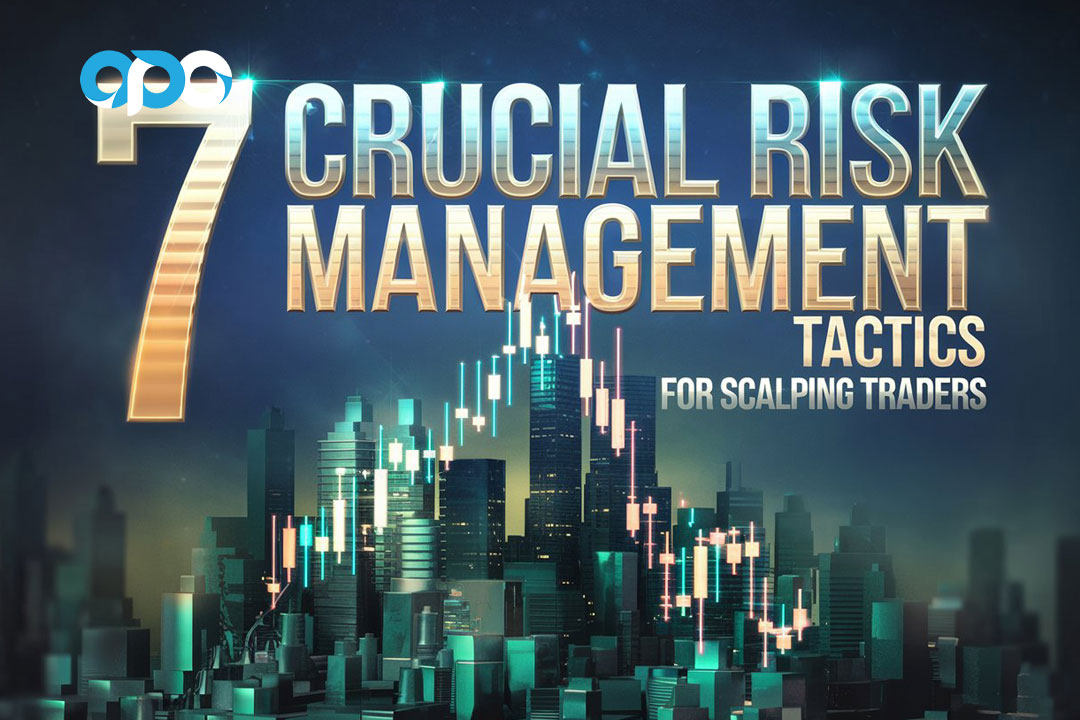
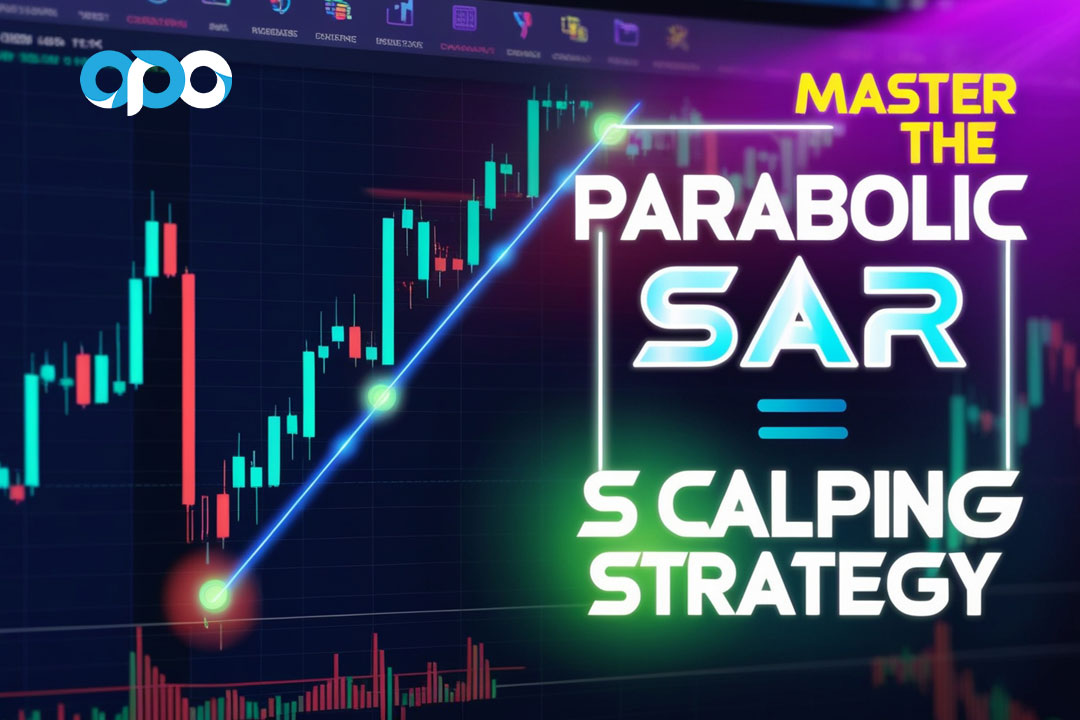
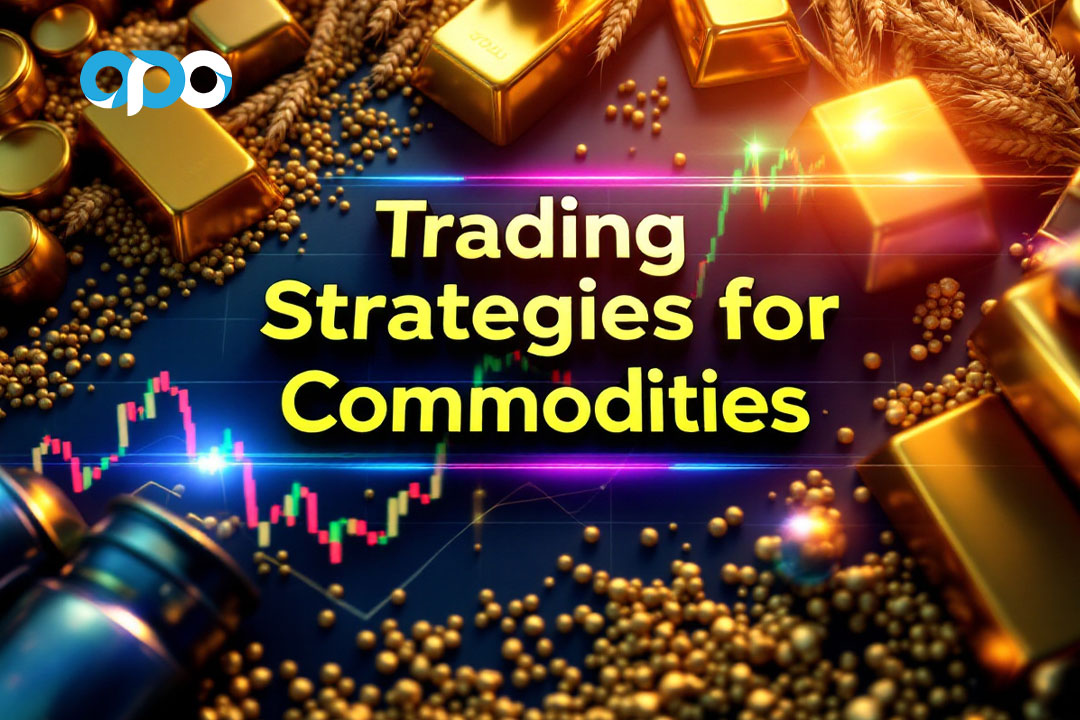
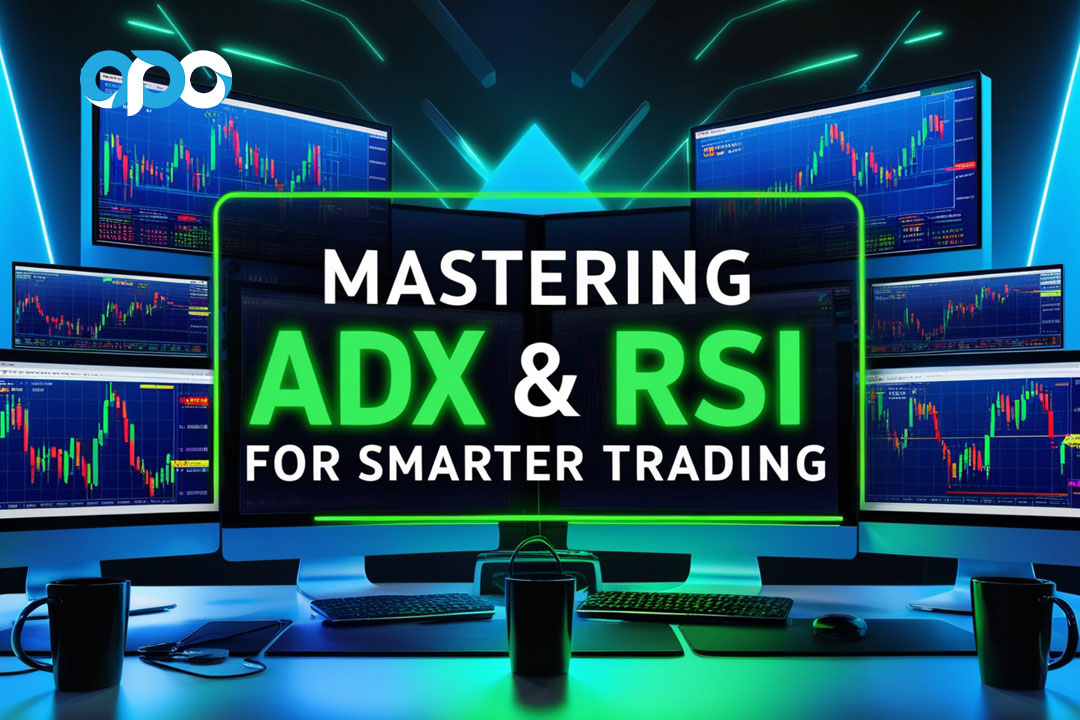
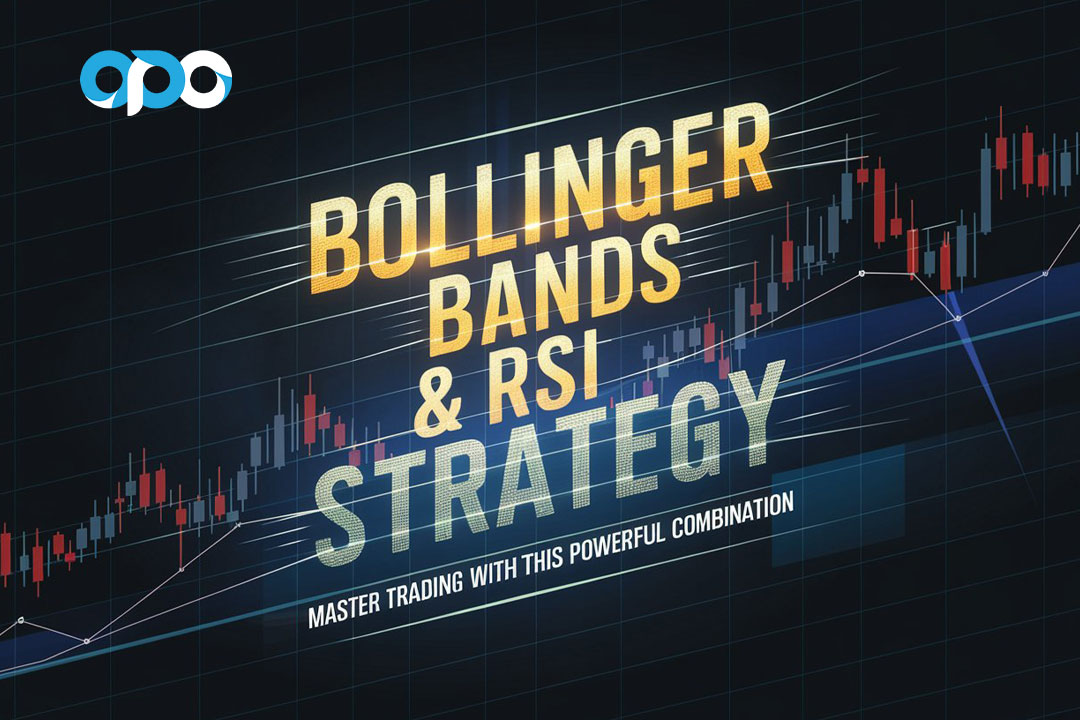
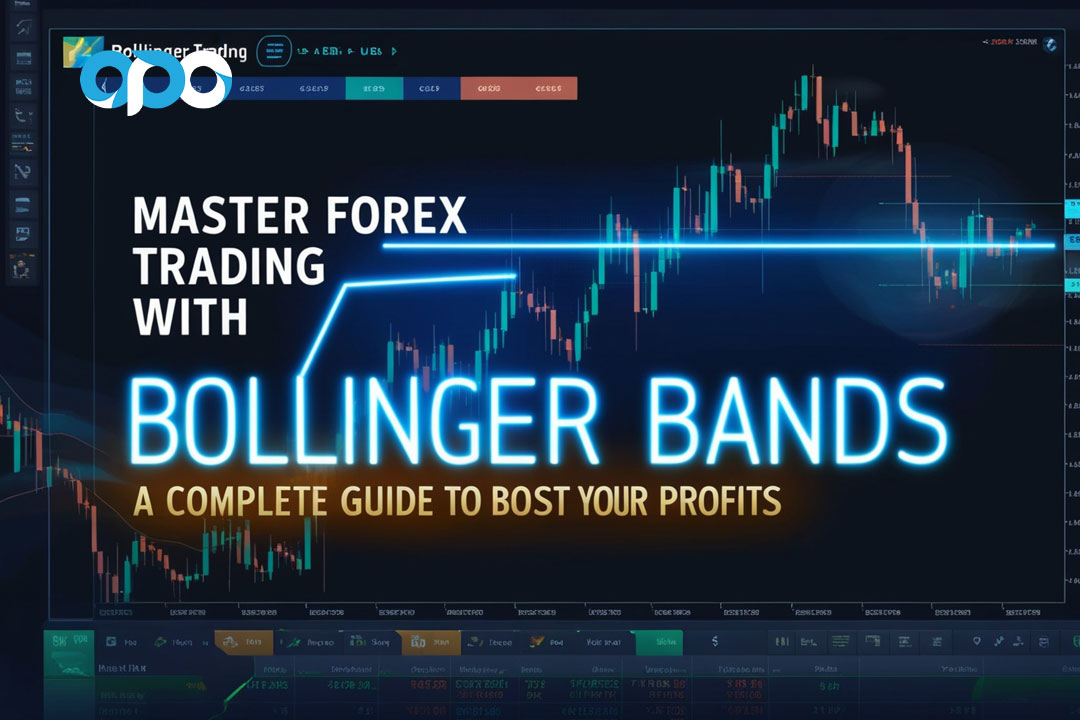

One Response
measurement marketing academy